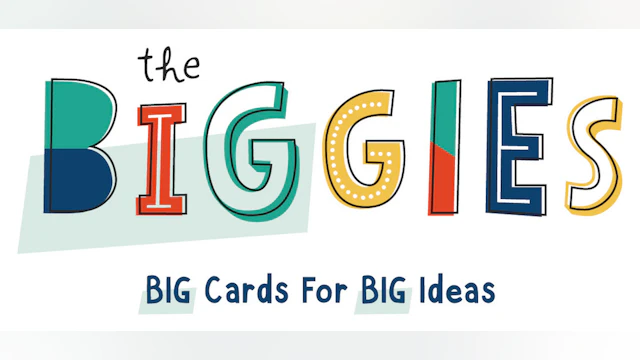My brother Grant was to arrive in Denver on Wednesday, August 27th to visit me. But two days earlier, he died by suicide.
Grant was 28 and incredibly successful in his career as a chef. He was adored by his family. He had close friends. He had other friends, who weren’t as close. He had friends coming out of his ears. Never before had he threatened suicide, nor had he ever made an attempt. In fact, he seemed happy. Needless to say, his death was a shock to everyone. None of us could understand why he had taken his life.
That was six years ago. I was pregnant with my second son at the time, and though I didn’t know it then, Grant’s suicide would propel me on a journey I wouldn’t have taken otherwise: I made it my mission to understand how and why people take their lives. Losing my brother did not just shatter my world. It shattered my worldview. I didn’t think people like Grant took their own lives. But as it turns out, even those who are charming, handsome, witty, successful, supported, and loved are not immune to suicide.
Being a mom of young kids added urgency to my quest to understand more about why people sometimes die by suicide. Parents go to great lengths to protect their children, and I wanted to protect my own.
In the years following Grant’s loss, I searched. After much research, I landed on the importance of one particular aspect – resilience – in preventing suicide. Suicide is very complex, and resilience is just one aspect that sometimes comes into play. But it stood out to me as being an important thing for me to encourage in my children, and something we can all work on as a tool in managing our own day-to-day mental health.
Resilience is commonly understood as the ability “to bounce back” after disappointments and failures. Bounce back? How does this bounce back happen? How the heck do you become resilient?
Experts tell us resilience is a combination of tools and qualities—both innate and learned—that help you thrive in the face of adversity. Fine. But what is that perfect cocktail of tools and qualities that will really make you resilient? One particular article, from the Positive Psychologists, entitled, “30+ Tips for Building Resilience in Children” outlines many ways. The authors provide thirty ways, in fact.
I learned, however, that you don’t need all the ingredients. Resilience is, most basically, a tolerance for stress. Different people cope in different ways, so naturally there are many things that can make a person resilient. Some protective factors are, of course, more influential than others. According to a June 2020 article in the New York Times, “The most significant determinant of resilience – noted in nearly every review or study of resilience in the last 50 years – is the quality of our close personal relationships, especially with parents and primary caregivers.” However, there seems to be no consensus amongst the experts as to which of our personal, individual qualities is most important for resilience. Optimism, emotional regulation, and being active are biggies, most certainly – as are empathy, an agreeable temperament, and intelligence. The list goes on.
For me, however, there’s one individual trait that stands above all the rest. That’s self-efficacy, the belief we have in our own abilities. It’s the inner knowledge that you will persevere, even when you don’t know how exactly you’re going to do it. Every day, every hour, every minute, every second that you #KeepGoing is more proof that you’ve got this. You’ve got this thing called life.

You’ve done it before and you can do it again. That short, simple affirmation can help remind us of our own resilience. A few years ago, it occurred to me that we could talk to our kids about many of the social emotional concepts needed for resilience, provided we did it in fun and interesting ways. I created The Biggies Conversation Cards, which do just that for elementary-aged children. Not only do they focus on topics that build resilience such as listening, risk-taking, and gratitude, but the very act of discussing big topics with your children fosters communication skills and meaningfully connects participants – perfect resilience training. In honor of Grant, a portion of the proceeds are donated to The American Foundation for Suicide Prevention.
Losing Grant crystallized in me the importance of instilling resilience in my family. Through The Biggies cards, I have been able to learn and grow from my brother’s death, and I’ve been fortunate to be able to share that with other kids and caretakers. The past can’t be changed; however, the future can.
